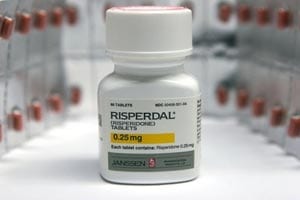Three Myths About Tort Reform
Tort reform has sullied the political landscape of this country for years. A set of proposed laws and regulations at both the state and federal level, one central aim of tort reform is to limit the compensation an injured party can recover in a personal injury lawsuit, or “tort,” attempting to “save” health care from



